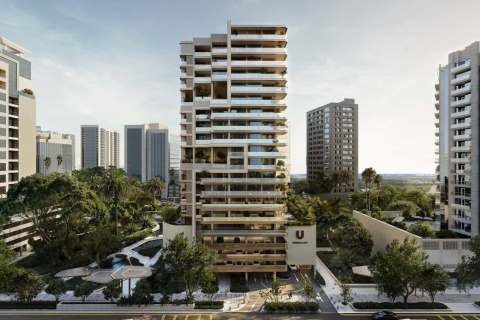The international investment Bank UBS has conducted a new study of the global residential real estate market for the formation of price bubbles or the manifestation of symptoms of the formation of such.
«Bubble Formation Index in the global real estate market» compiled by the organization demonstrated that of the 25 largest real estate markets in the world, Dubai is in the penultimate place in the risk rating. The Emirate is second only to Warsaw, and the closest competitors are Sao Paulo and Milan.
The observed trends indicate that the «boom» in the global real estate market, which began in 2021, is coming to an end. A new UBS study is timed to this, which determines which of the world markets have approached the current moment with the greatest number of risks of the formation of a price bubble.
In just one year, from mid-2021 to mid-2022, global residential property prices rose by 10%, which was the largest jump since 2007. The key points of tension were Toronto, Frankfurt, Zurich, Munich, Hong Kong, Vancouver, Amsterdam, Tel Aviv and Tokyo.
Five US cities that are in a particularly dangerous situation are separately indicated: Miami, Los Angeles, San Francisco, Boston and New York. More moderate risks are observed in Stockholm, Paris, Sydney, Geneva, London, Madrid and Singapore.
Imbalances have begun to form in all of them, which are increasingly difficult to ignore when taking into account the current economic situation, including with constantly increasing inflation.
These problems have so far bypassed the designated four most balanced regions. This is especially true of Dubai — an extremely young real estate market, much cheaper than its global competitors. This is true even in the segments of the most premium real estate.
Besides, unlike high-risk markets, the growth of prices for residential properties in Dubai is in sufficient sync with the growth of interest rates on lending. At the same time, the emirate has a large stock of affordable real estate distributed both by segments and graphically. This stock can serve as a good cooling for the overheating of the market, driven by rising prices in the most popular and expensive segments.
In general, the new UBS study is of a dual nature. On the one hand, it has not shown a large increase since last year, on the other hand, this means that the markets are hardly doing anything to mitigate risks. The growth in the suburbs and provincial regions of the largest markets has become pronounced, in many ways its pace is ahead of those in the cities themselves.





